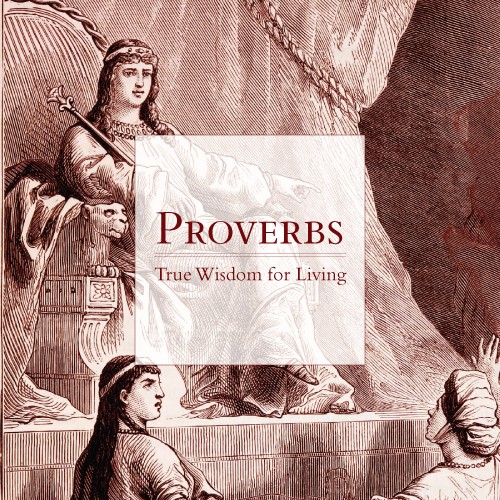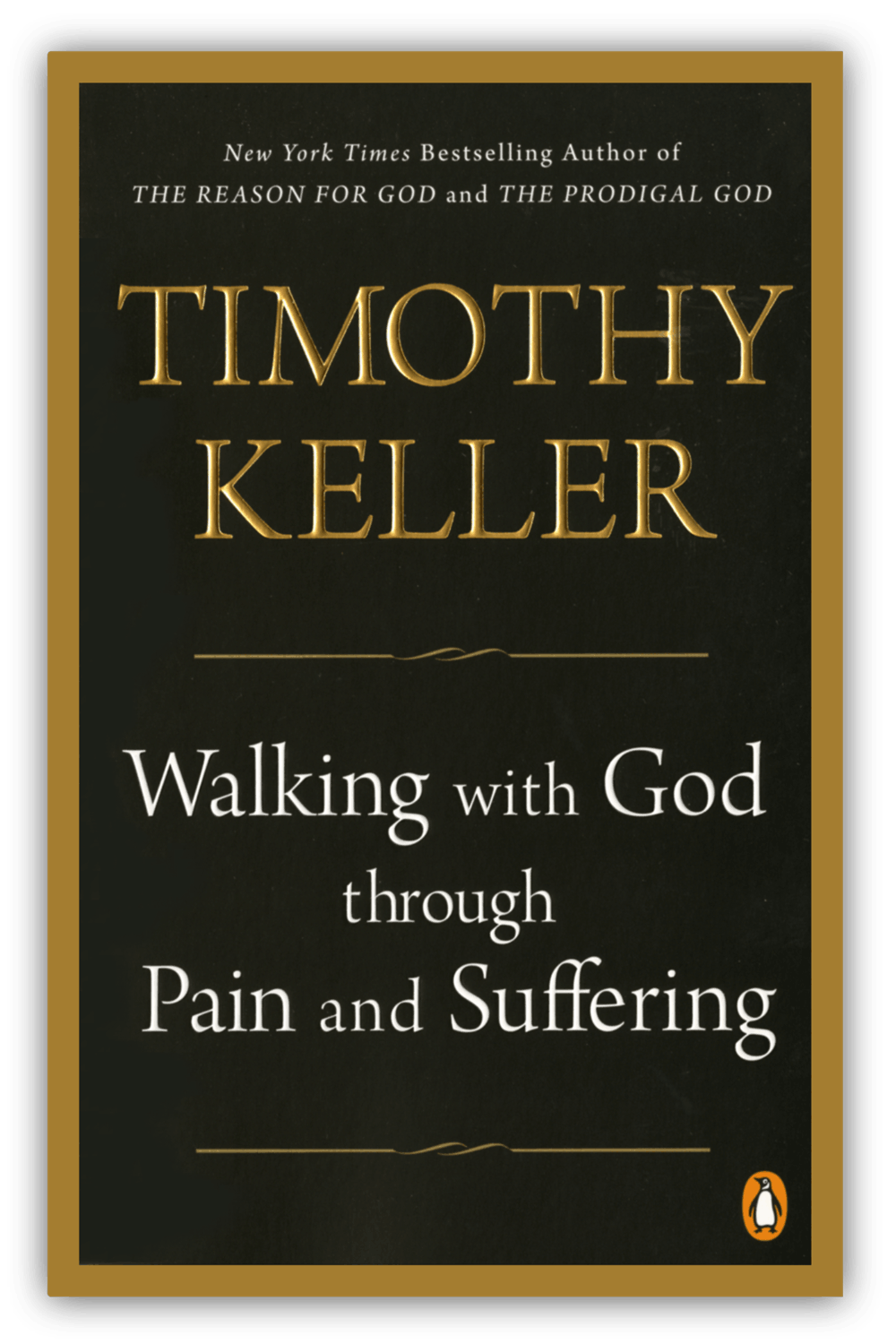
The Secret Self
Tim Keller | November 25, 1990
Overview
This passage is about trust. It’s about who we trust, what we trust, and who we should trust. Now the main thing you learn and strikes you from this passage right away is Jesus Christ trusted nobody. Now is that the kind of thing you would think about Jesus if somebody asked you about him? They’d say, “Well, what was this Jesus Christ like?” Would you say, “Well, one thing is he trusted nobody?” Is that what you would say? It says here, of course, he didn’t trust these particular people in front of him, but he says he couldn’t trust those people because he knew what was in every human heart.
He knew what was in all men, and that means Jesus trusted no one. Here we go again. What is it with him? On the other hand, you see him being so tender and affirming to people, to children, to women and men who are considered outcasts. He was so affirming. He took people who felt worthless and he made them feel valuable, treasured, cherished, honored. When he talked with them, he made people feel expensive, and they were. They were costly. What it would cost Jesus to have them he was willing to pay.
Of course he treats them valuable, just like you would treat something that was extremely expensive that had cost you so much. He would treat people like this, and yet how in the world could it be said he trusted no one? What we have again is a case … Jesus Christ is not schizophrenic, just like we said last week. Jesus Christ is perfect, like we said last week. He is not like anybody you know. He’s not like you. He’s not like me. He’s not like anyone we’ve ever seen before, and that’s the reason he’s always surprising us. These are the surprises of perfection.
What we have here is a man who is all made of love. He’s made of it, deeply affirming and yet without one shred of unrealistic sentimentality. This is love without any sentimentality. No way when Jesus is in love is the wool pulled over his eyes. You know, Shirley MacLaine says everybody is God, everybody. We all have a spark of God in each one of us. Down deep, we have to find out how wonderful we are. This is the exact opposite kind of contrast here.
You have Jesus Christ saying on the outside he looked at the people at Passover, all the people who believed in him because of his miraculous signs, and on the outside it looked like they were very pleasant and open to him, but he looked inside, and instead of seeing a little bit of a spark of God he saw something that was rotten, and as a result he trusted no one. Do you see how utterly different that is than to say down deep we’re all pretty good? He says down deep, no. He says, “I look into the heart of every human being. I know what’s down there, and I don’t trust it.”
You see, a house may look good on the outside. The first time I bought a house, God was just very gracious to me. I bought a house, and I didn’t know how to check a house out, and fortunately it was structurally sound, but a person who is trying to assess a house needs to go downstairs. Go down in the basement. That’s where you can see whether the structure is all right, whether the framework is all right. Hmm? You can see whether there is stuff growing down there. There are a lot of smells down in the basement.
Things can look great on the outside, but underneath there could be some real trouble. You might get water in the basement, like in the houses in the area of Philadelphia where we bought a house. It looked great until it rained. There are problems down there. Jesus says, “On the outside, I see a lot of good things, but I know what your basement is like.” Now he comes to us and he’s telling us this, not because he just likes to prick our balloons, but instead he says, “I love you, and therefore, I want you to know I don’t trust you, and if you are as wise as I am …”
In fact, he says here, “If you want to be saved, you’d better not trust you either.” That’s the message. Now there are a couple of ways in which we could divide our text up. You see, the text basically is teaching this.
Related
This Month's Featured Book
Putting Our Hope in the One True God
In his book, Walking with God through Pain and Suffering, Tim Keller looks at the problem of pain and suffering through a biblical lens as he works through the challenge of one of life’s most difficult questions: Why does God allow so much pain and suffering?



